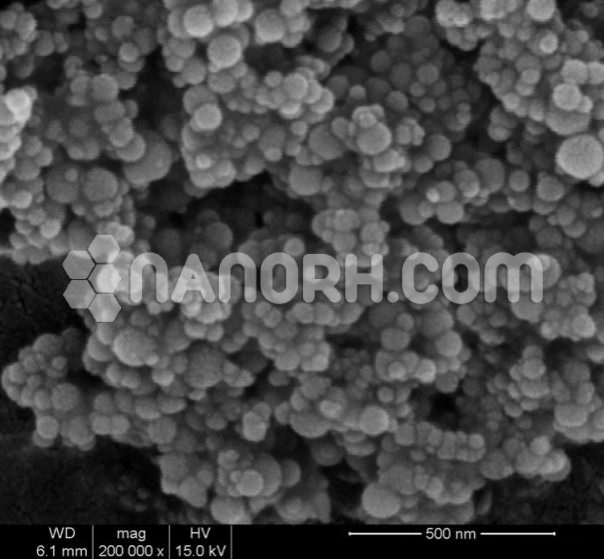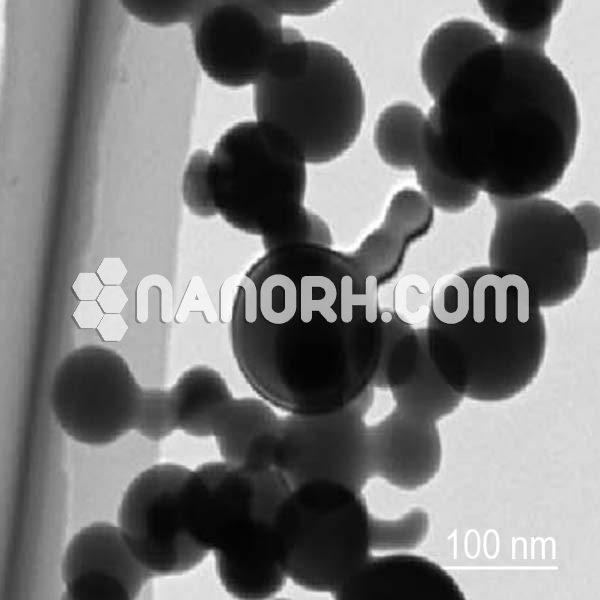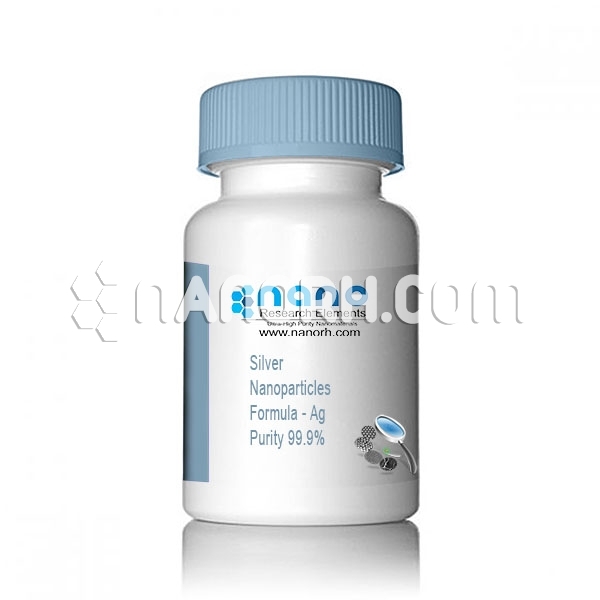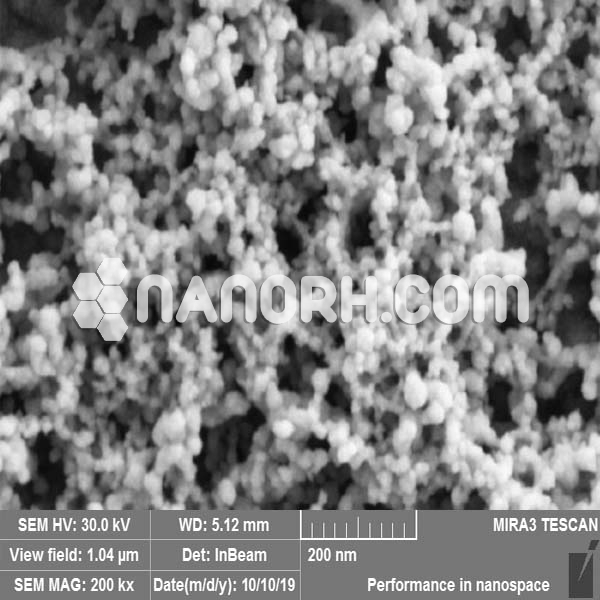| Titanium Silicon Oxide Nanoparticles | |
| Product No | NRE-4017 |
| CAS No. | 264124-88-1 |
| Formula | TiSiO4 |
| APS | <100nm (Can be Customized) |
| Purity | 99.9% |
| Color | White |
| Molecular Weight | 139.95 g/mol |
| Density | 3.39 g/cm³ |
| Melting Point | 690°C |
| Boiling Point | 1750°C |
Titanium Silicon Oxide Nanoparticles
Titanium Silicon Oxide Nanoparticles are a composite material made from the combination of titanium dioxide (TiO₂) and silicon dioxide (SiO₂). These nanoparticles exhibit a range of desirable properties such as high surface area, chemical stability, and catalytic activity, making them attractive for numerous industrial and technological applications.
Applications:
Environmental Applications: Pollutant Degradation and Water Treatment: TiSiO₄ nanoparticles are widely used in photocatalytic applications to degrade organic pollutants in water and air. Under UV light, they can break down harmful chemicals such as dyes, pesticides, and volatile organic compounds (VOCs), making them useful in wastewater treatment and air purification.
Environmental Cleanup: TiSiO₄ nanoparticles can be used in the removal of heavy metals from water, such as lead and cadmium, via adsorption or electrochemical reduction processes. Their high surface area and strong chemical bonding capabilities make them efficient at capturing these toxic substances.
Catalysis:
Catalysts for Industrial Reactions: TiSiO₄ nanoparticles are used as catalysts or catalyst supports in various chemical reactions, including oxidation, hydrogenation, dehydrogenation, and methanol reforming. The high surface area and stability of TiSiO₄ make it an excellent material for heterogeneous catalysis.
Environmental Catalysis: They can also be used to catalyze reactions that help reduce emissions, such as nitrogen oxide (NOx) reduction and carbon dioxide (CO₂) conversion, contributing to cleaner industrial processes.
Energy Applications:
Energy Storage: TiSiO₄ nanoparticles are being explored for use in energy storage devices, such as supercapacitors and lithium-ion batteries. Their high surface area and excellent electrical conductivity make them ideal for electrode materials, where they can store and release energy efficiently.
Solar Cells: TiSiO₄ nanoparticles are used in photovoltaic devices as part of the photoanode or catalyst layer in solar cells and photoelectrochemical cells. Their photocatalytic properties can enhance the conversion efficiency of solar energy into usable electricity.
Hydrogen Production: TiSiO₄ can be used in hydrogen production through water splitting, a process where water is decomposed into hydrogen and oxygen using solar energy and photocatalysis.
Electronics and Sensors:
Sensors: Due to their electrical and chemical properties, TiSiO₄ nanoparticles are used in sensors for gas detection, humidity sensing, and biomarker detection. For example, TiSiO₄ sensors can detect gases like ammonia, carbon monoxide, or methane, which are important in environmental monitoring and industrial safety.
Capacitors and Dielectrics: TiSiO₄ nanoparticles are used in the production of capacitors and dielectric materials due to their high dielectric constant. They are used in electronic devices that require high performance at miniaturized scales.




